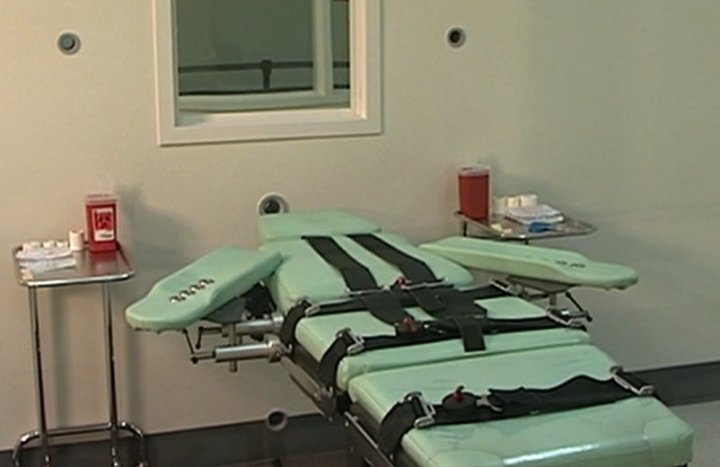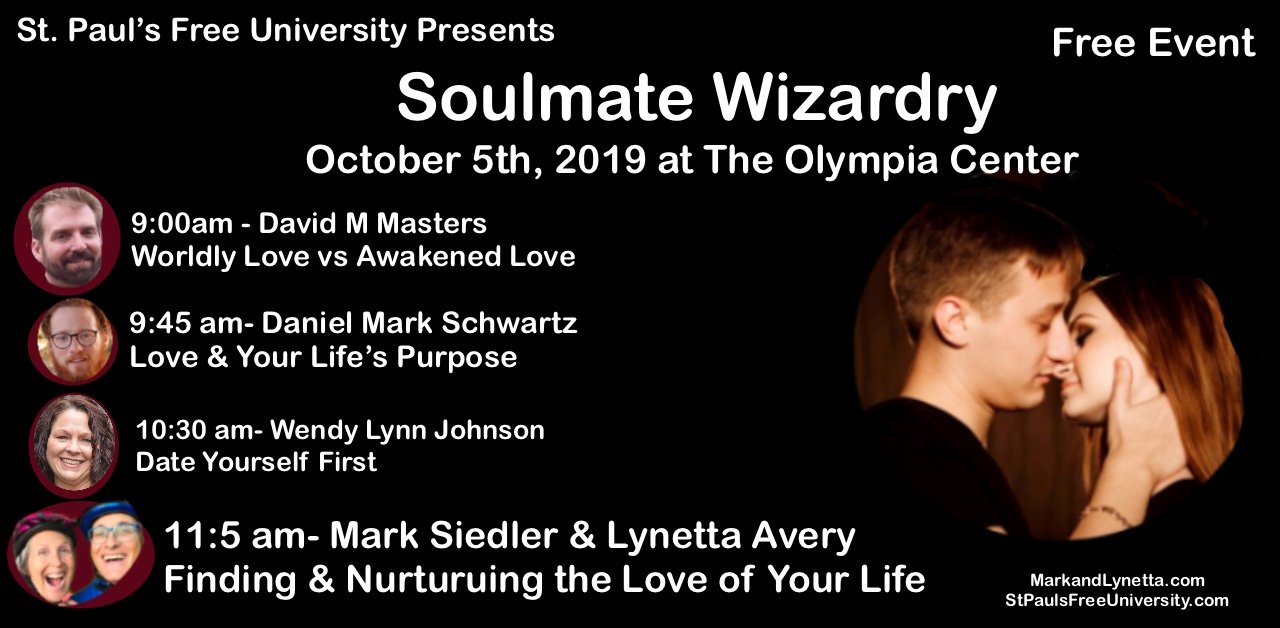You’ve bravely and courageously moved on leaving something previously integral to your life behind and you know you’re better off for it because it was weighing you down, holding you back. You know you’ve done the right thing, whether it was against your will or not.
Even so, your heart is aching and breaking because there was an incredible attachment to what went before, it had become a part of you. It’s as if you’ve walked away from a severed limb, as we feel the pain of a desperate wound, ever reminding you and causing you to second-guess, “Did I do the right thing?”
This is love and proof that you loved, and loved enough to create an attachment to this person, place, thing, activity, thought pattern, or belief. Of course, separation from something you loved and were attached to would be followed by a grieving process.
You have learned from the experience. You know you can live a better life as you grow and move on.
“But,” you interrupt the separation process, and you can, “What if” yourself ad infinitum, creating a spiraling whirlpool dragging you down into helplessness. You must always remind yourself, “This is for my highest and best good.” All things in this life are even if it doesn’t feel like it at the time.
Traumatic moments in life which lead to a massive change or repositioning always leads to some more grand opportunity and blessing, but you will be unable to see the open door calling you forth, if you are lost in the pain of separation.
Some things in life cannot be rationalized, explained, or have proper closure, especially if you are deeply connected to it at the time of separation. You cannot force any making sense of a thing without the proper context which does not come ‘til later. All things will be revealed later and you will realize the divinity of it all.
If you desire a better life you must move on from those things which do not serve you, no matter how much you love or enjoy them. You cannot hang onto abusive relationships, stay in jobs or careers which offer you no potential for increasing your satisfaction and enjoyment of life.
You need to place yourself in situations and circumstances which support your desire to grow and expand leading to more love and enjoyment in this life.
This is the nature of life. You grow, create attachments to where you are in life, and growth necessitates change. Change can be painful, but it is how we learn and keeps us from complacency and stagnation.
You may have a tendency to recoil to find safety in solitude. This is a natural response to separation from someone or something that you truly loved. To remain in seclusion is unhealthy and may lead to constant rumination and senseless self-abuse. It can leave you longing for the life you moved on from. Not good for you.
Deep inside your heart is all the power you would ever need to continue to love through the moving on process.
Remember, the change you seek, that different life begins with you. It is highly unlikely that you can change your partner, your friends, family, the government, your job, the weather, or the world as it is. You may be able to but doing so against the current is the hardest way to manifest change and is reserved for the fiercest of all warriors.
You can, on the other hand, change yourself and your life for the better at any moment in time.
The more loving, positive, and optimistic you can remain through any process of separation or change will increase the rapidness of the change process with an exponentially greater outcome due to your increased momentum.
Following separation, don’t grasp the first thing which appears to your awareness. Doing so will likely have you grabbing onto something that is too similar to that which you are trying to separate yourself from.
Allow yourself the time to heal and recalibrate, then choose your next step in the knowledge and faith that this is the best next step for you. Select that which is in support you’re your goals, dreams, and desires.
Place yourself in places and circumstances where you have the opportunity to express love. Always continue to love yourself, love yourself even more, and allow your love to spill over to those around you.
When things aren’t feeling right, look for the love inside of you.
All the love of God, the world, the universe, is inside you.
Regardless of what it feels like, you are love.




